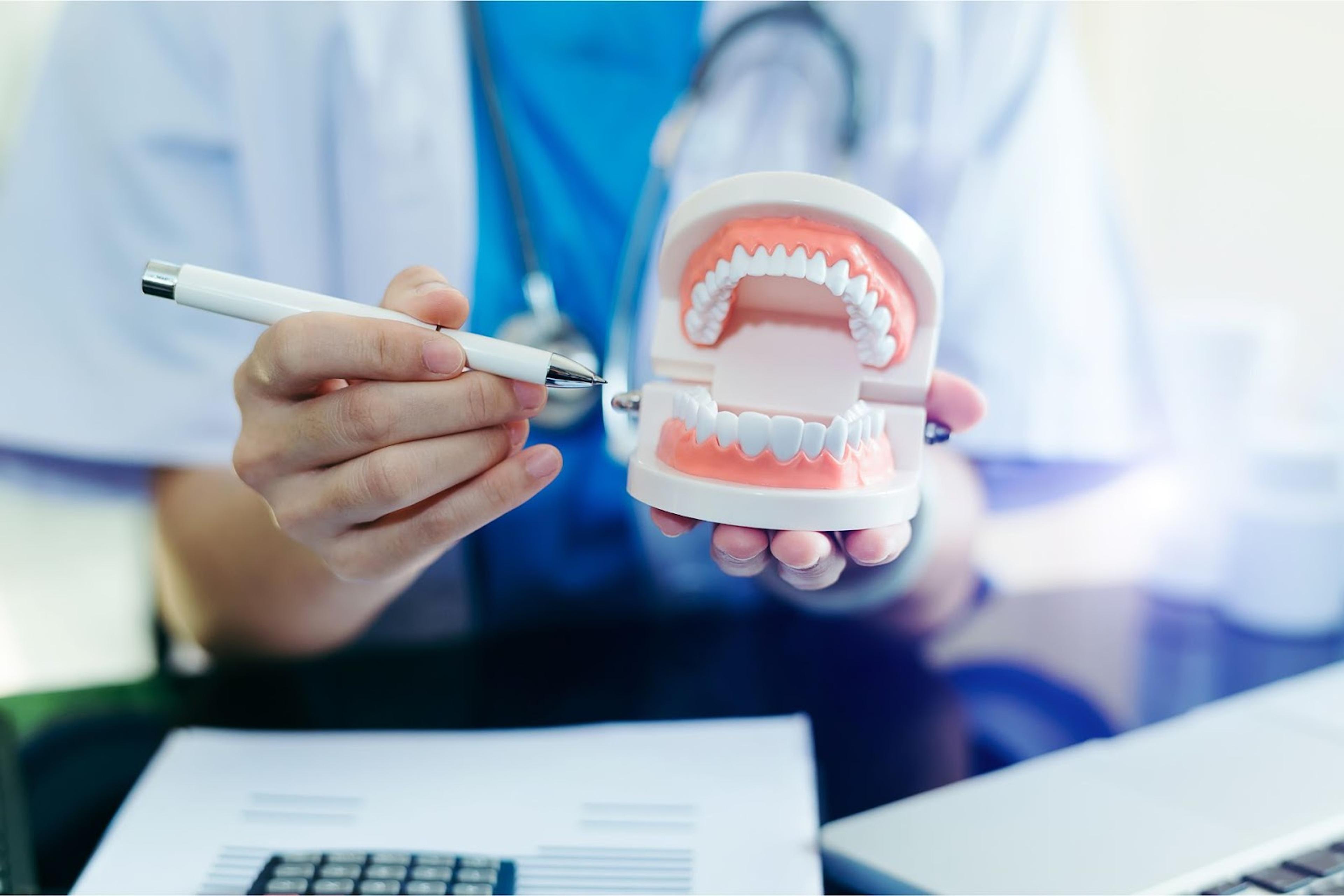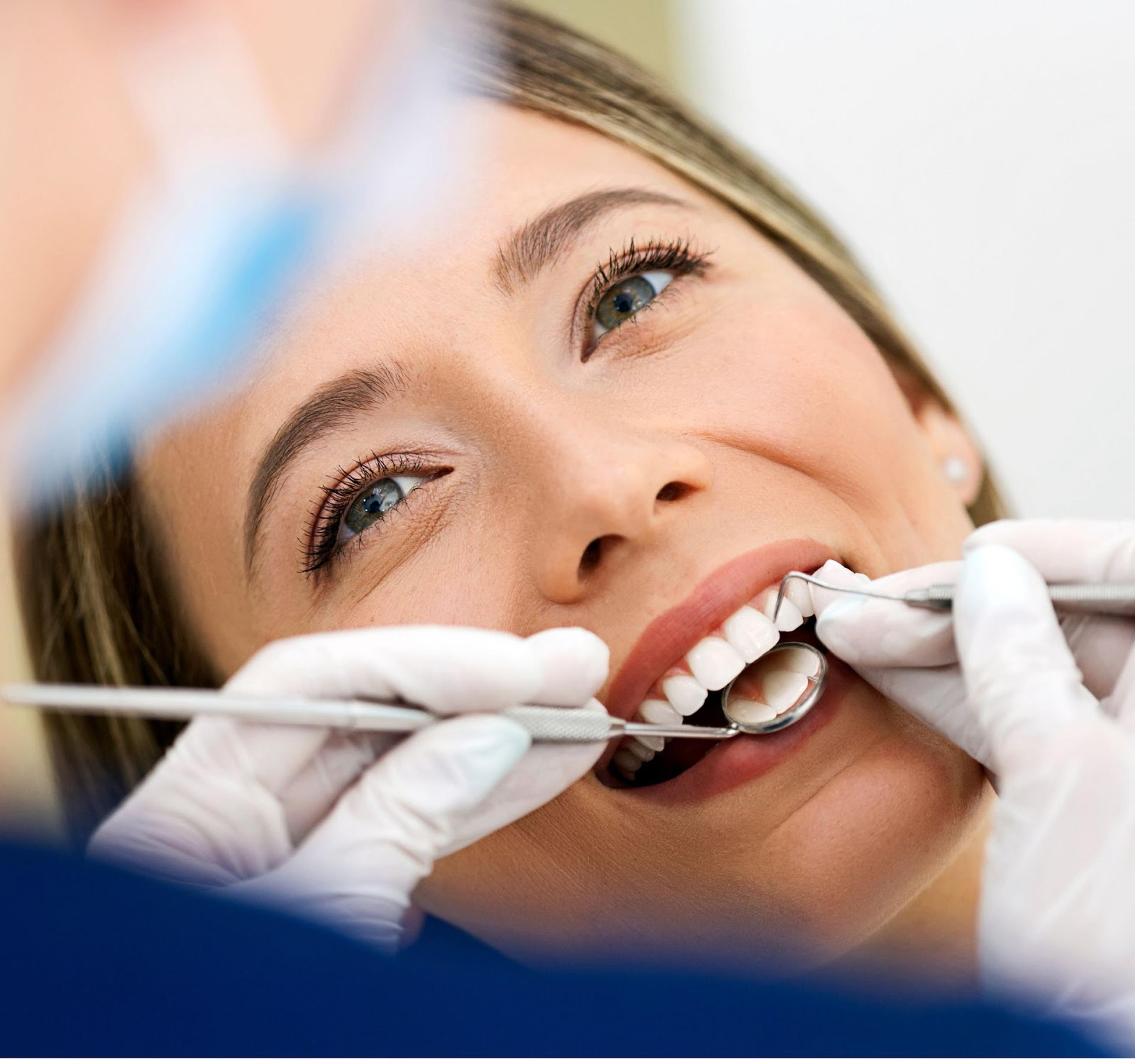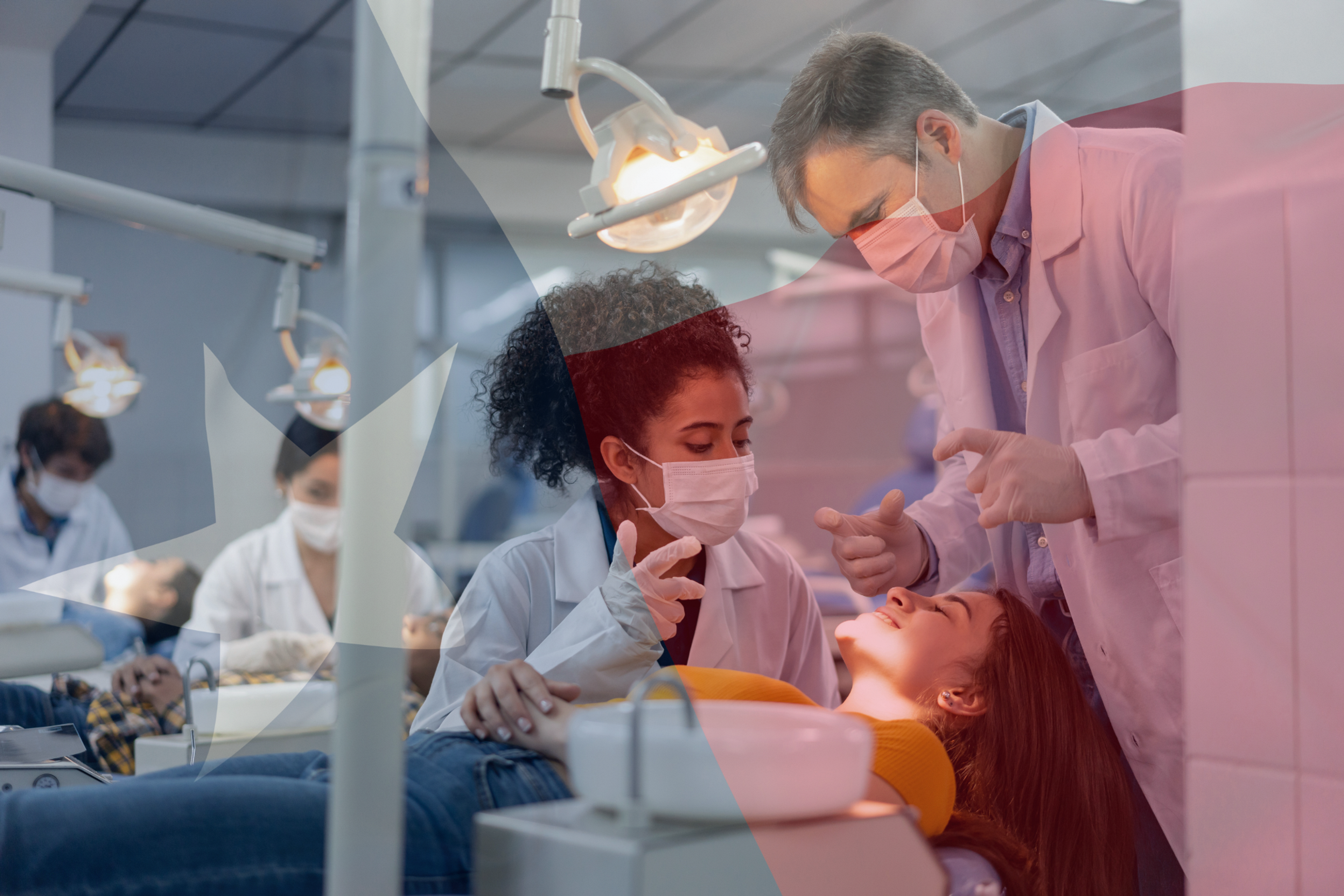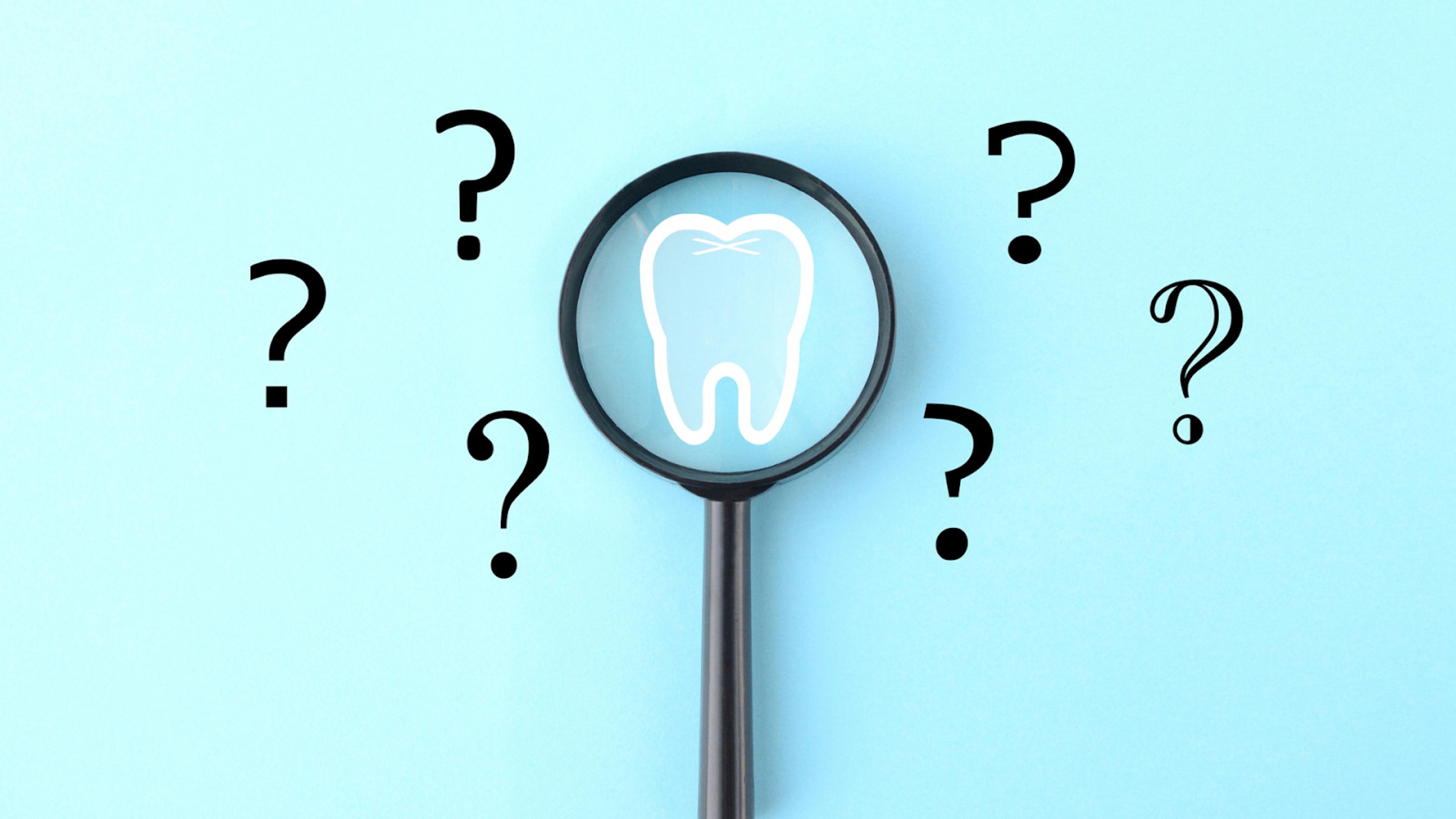Dental School Requirements: What You Need to Apply
If you're considering a career in dentistry, it's important to understand the prerequisites required for dental school.
Posted June 13, 2025

Join a free event
Learn from top coaches and industry experts in live, interactive sessions you can join for free.
Table of Contents
Dental school can be a challenging and rewarding pursuit for those interested in oral health. Pursuing a career in dentistry begins with meeting specific dental school requirements, which ensure that candidates are prepared for the rigors of dental education. This comprehensive guide outlines the essential prerequisites, coursework, application process, and strategies for success, offering insights to help prospective students excel.
Read: The Complete Guide to the Dental School Application
Importance of Dental School Prerequisites
Dental school prerequisites are the foundation of a strong application and an essential step in preparing for advanced studies in dentistry. These requirements demonstrate a student’s competence in fundamental scientific disciplines, such as biology, biochemistry, and anatomy, and their ability to handle challenging coursework. Completing these required courses not only facilitates admission but also ensures that students are equipped to excel in the classroom, clinic, and beyond. Most top universities offering dental programs require that applicants meet these prerequisites to be accepted, highlighting their importance in shaping a successful academic and professional journey.
Read: How to Become a Dentist: Application, Degree Programs, FAQs
Common Prerequisite Courses
Most dental schools require a similar set of prerequisites, although specific programs may vary slightly. Typically, applicants must complete the following courses:
- Biology: At least one year of lab experience.
- General Chemistry: A year-long sequence with lab components, totaling at least 8 semester hours.
- Organic Chemistry: A full year with associated lab work, typically 8 semester hours.
- Biochemistry: Often required for one semester, contributing 3–4 semester hours.
- Physics: A year-long sequence with lab requirements, usually adding up to 8 semester hours.
- English Composition: One or two semesters, focusing on developing writing and communication skills.
- Additional courses: Some programs may require or recommend coursework in microbiology, psychology, and statistics to broaden applicants' academic preparation.
These courses equip students with the foundational knowledge necessary for dental school. Programs often specify that prerequisites must be taken at an accredited institution and completed with a letter grade of C or higher to ensure applicants meet academic standards.

The Dental School Application Process
The dental school admission process in the medical college is rigorous and demands strategic preparation to stand out among highly qualified applicants. Materials are typically submitted through the Associated American Dental Schools Application Service (AADSAS), which streamlines the application process for most programs. To build a competitive application, candidates should focus on the following key components:
- Transcripts - Ensure that your transcripts clearly demonstrate that you have completed all prerequisite courses and have had a strong academic performance. Highlight any challenging courses completed successfully, such as organic chemistry or physics.
- DAT Exam - The Dental Admission Test (DAT) assesses proficiency in science, quantitative reasoning, and perceptual ability. A high score (20 or above on a 30-point scale) significantly enhances your chances of admission. Plan your preparation early by utilizing study guides, practice tests, and prep courses tailored to the DAT’s structure.
- Letters of Recommendation - Secure 3–5 strong letters from individuals who know you well, such as professors, research mentors, or professionals in dentistry. Choose recommenders who can speak to your academic abilities, work ethic, and commitment to the field.
- Personal Statement - Craft a compelling narrative that highlights your motivation for pursuing dentistry, relevant experiences, and career goals. Be authentic and specific, and connect your personal story to the values of the profession and the mission of the schools to which you are applying.
- Extracurricular Activities - Strengthen your application by showcasing experiences that demonstrate your dedication to dentistry. Volunteering at dental clinics, participating in research, or shadowing dentists are particularly impactful. Additionally, involvement in leadership roles or community service activities reflects a well-rounded and committed applicant.
For applicants looking to maximize their potential, working with top dental school admissions coaches can provide tailored guidance, expert advice, and personalized strategies to navigate the competitive admission process and stand out from the crowd.
Strategies for Excelling in Prerequisite Courses
Success in prerequisite courses is critical for meeting dental school requirements. Prospective students should:
- Develop effective study habits – Attend lectures consistently, take detailed notes, and actively participate in discussions to enhance comprehension and retention of material. Setting specific study goals and creating a structured routine can help maintain focus and motivation.
- Seek academic support when needed – Utilize resources such as tutoring services, and academic support centers, or form study groups for collaborative learning. Take advantage of professors’ office hours to address questions and deepen the understanding of challenging concepts.
- Prioritize time management – Balance coursework, extracurricular activities, and personal responsibilities by using planners or digital apps to organize tasks and deadlines. Break study sessions into manageable blocks with regular breaks to avoid burnout and maintain productivity.
- Leverage online resources – Take advantage of online tools like video tutorials, forums, and virtual study groups to reinforce learning.
Watch: Crushing Your Dental School Interviews
- Practice active recall and self-testing – Use flashcards, practice quizzes, or concept maps to test your understanding regularly. Active recall improves memory retention and highlights areas that require additional review.
- Engage in hands-on experiences – For courses with lab components, actively participate in experiments to deepen your understanding of theoretical concepts. Relating hands-on work to classroom learning can enhance comprehension.
- Build a strong support network – Connect with peers, mentors, or advisors who can provide encouragement and accountability. Sharing challenges and solutions with others helps to maintain motivation.
- Stay healthy and maintain balance – Proper sleep, nutrition, and exercise are vital for maintaining focus and energy levels. Manage stress through mindfulness practices or hobbies to avoid academic burnout.

Choosing the Right Undergraduate Major
While there is no specific major required for admission to dental schools, choosing the right undergraduate major can enhance a candidate's application. Most successful applicants select majors that align closely with dental school prerequisites, such as biology or chemistry, as these programs naturally include the foundational courses needed for admission. For example, a biology major often covers general chemistry, organic chemistry, biochemistry, and microbiology, which are commonly required by dental schools.
However, candidates who choose majors in the humanities or social sciences can also create a unique and competitive application, provided they complete the necessary science courses through electives or a pre-dental track. For instance, an applicant with a degree in psychology might bring valuable insights into patient behavior and mental health, which are increasingly valued in modern dentistry.
The key is to select a major that reflects the candidate's interests and strengths while ensuring all prerequisites are fulfilled. This thoughtful approach demonstrates individuality and a commitment to both academic and professional success, helping candidates stand out in the competitive dental school admission process.

The Role of Extracurricular Activities
Extracurricular activities play a significant role in strengthening a dental school application. Activities such as volunteering at dental clinics, participating in research, or joining pre-dental organizations showcase leadership, teamwork, and a genuine interest in dentistry. Additionally, shadowing professionals and participating in community outreach can provide valuable insights into the profession while enhancing an application.
Meeting Prerequisites While Working Full-Time
For candidates balancing full-time work, completing dental school prerequisites may seem daunting. Flexible options, such as online courses, evening classes, or part-time enrollment, can help. Understanding the dental school application timeline, planning a structured schedule, and seeking support from family, advisors, or employers can make balancing work and academics more manageable. Success requires persistence and effective time management.

Resources to Support Applicants
Numerous resources are available to help prospective dental school students meet requirements and excel in the application process. Academic support centers, tutoring services, and online review programs can assist in mastering challenging courses like organic chemistry and physics. Additionally, organizations such as the American Dental Association provide guidance, professional connections, and tools for career development.
Avoiding Common Mistakes
Common pitfalls in preparing for dental school include procrastinating, failing to meet deadlines, and underestimating the importance of extracurricular activities. Candidates should also avoid neglecting their personal well-being, as maintaining balance is crucial for success. By staying organized and seeking help when needed, prospective students can navigate these challenges effectively.
Future Trends in Dental Education
The field of dentistry is rapidly evolving, and dental school requirements are adapting to keep pace with advancements in the profession. Emerging trends include:
- Advances in technology - Digital dentistry, 3D printing, and artificial intelligence are transforming how dentistry is taught and practiced, with new courses like telehealth applications and public health strategies becoming integral parts of the curriculum.
- Interdisciplinary collaboration - Dental professionals are increasingly expected to integrate knowledge from fields such as medicine, engineering, and social sciences, emphasizing the importance of adaptability and diverse expertise.
- Soft skills development - Communication, empathy, and leadership are gaining importance as dental schools prioritize attributes that enhance patient care and team dynamics.
- Technology-driven learning - Innovative teaching tools, such as virtual reality simulations and digital models, are providing students with hands-on experience in a controlled, cutting-edge environment.
- Public health focus - A stronger emphasis on public health and community-based care is preparing future dentists to address broader societal challenges.
Candidates who embrace these trends and demonstrate a commitment to lifelong learning will stand out in an ever-changing dental education landscape.
What’s Next?
Meeting dental school requirements is a critical step for aspiring dentists, but navigating the complex application process can be overwhelming. This is where top dental school admissions coaches can make a significant difference. These experts provide personalized guidance to help candidates excel in their prerequisites, craft compelling personal statements, and prepare thoroughly for interviews. Admissions coaches also offer insights into program-specific expectations, ensuring that every aspect of the application stands out.
By working with a knowledgeable coach, candidates can leverage proven strategies to enhance their applications and confidently tackle the challenges of the competitive admissions process. This tailored support, combined with a commitment to lifelong learning and adaptability, ensures that aspiring dentists are well-prepared for a rewarding career in dentistry.
FAQs
1. What are the most common dental school prerequisites?
The most common prerequisites include one year each of biology, general chemistry, organic chemistry, and physics—all with lab components. Many schools also require biochemistry, microbiology, psychology, and statistics.
2. How important is the DAT score for dental school admission?
The DAT score is a critical component of the application. A competitive score (usually 20 or above) demonstrates proficiency in science, quantitative reasoning, and perceptual ability, all of which are essential for success in dental school.
3. Can I apply to dental school with a non-science major?
Yes, dental schools accept applicants from a variety of majors as long as they complete the required science prerequisites. A non-science major can make your application unique, provided you excel in the necessary courses.
4. What extracurricular activities can strengthen my application?
Extracurricular activities such as volunteering at dental clinics, shadowing dentists, participating in research, and engaging in leadership roles or community service can significantly enhance your application by demonstrating commitment and well-roundedness.
6. What should I consider when choosing dental schools to apply to?
When selecting dental schools, consider factors such as program curriculum, location, tuition costs, available resources, and clinical training opportunities. Researching each school’s mission and prerequisites ensures alignment with your academic and career goals.

























